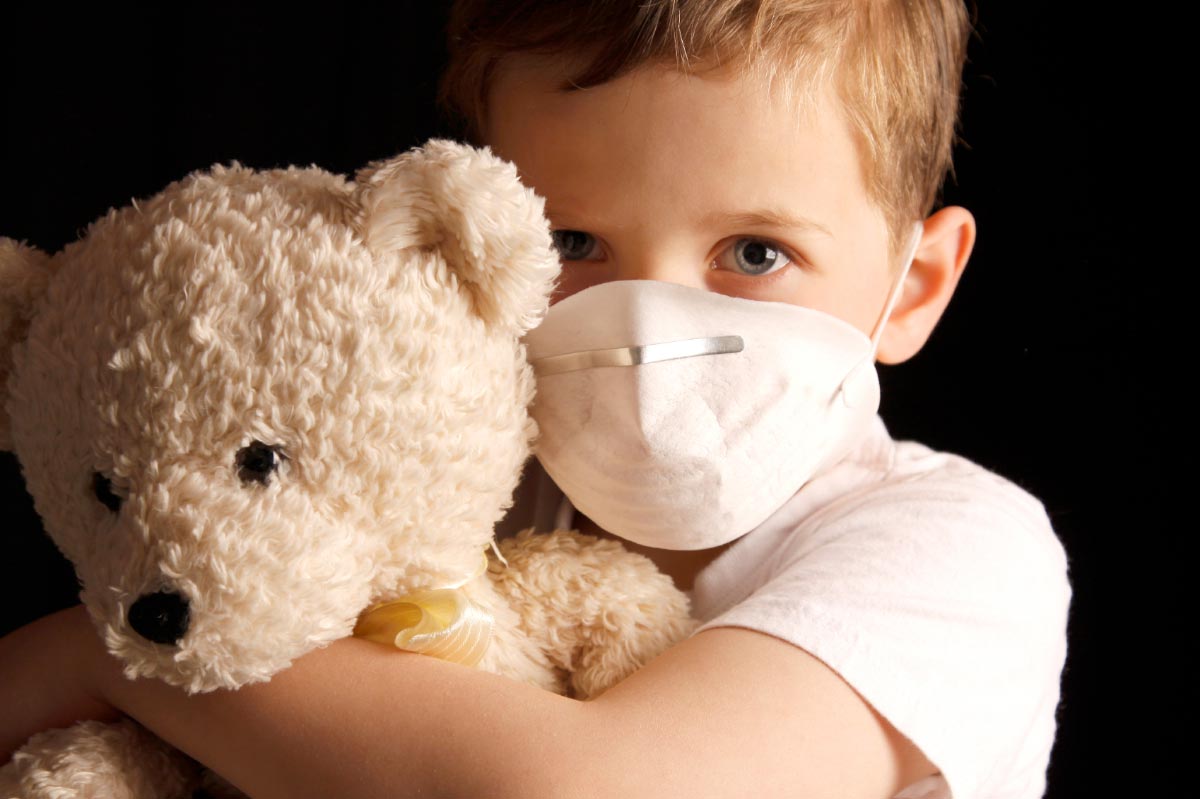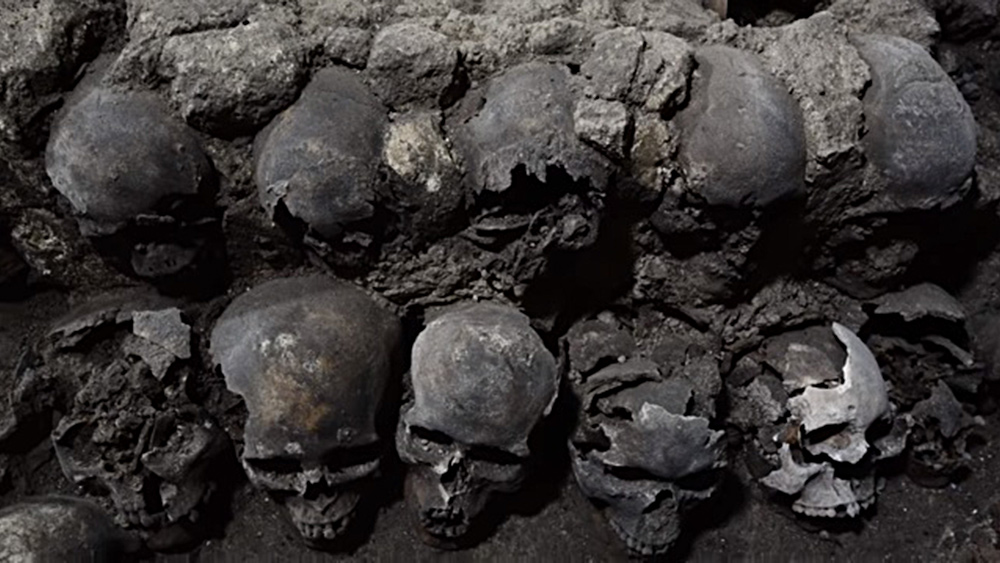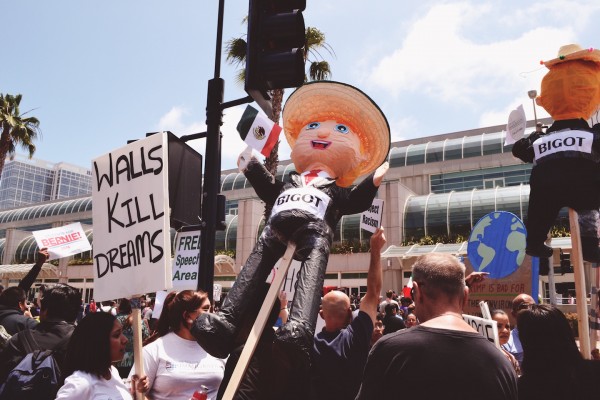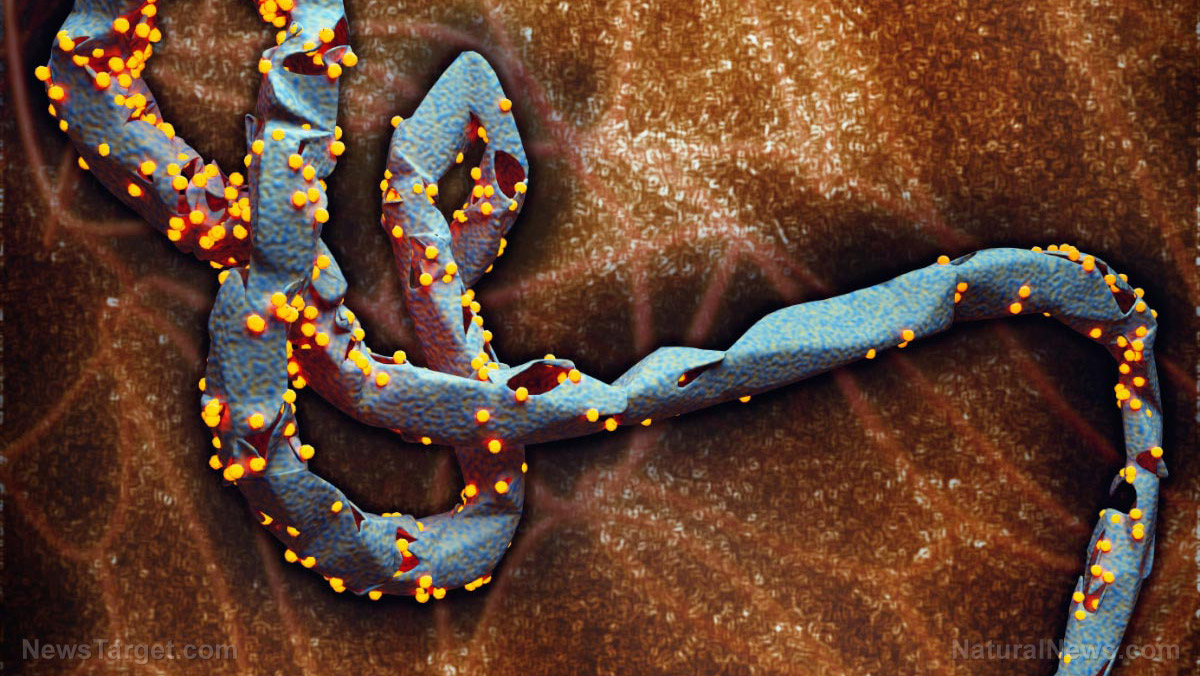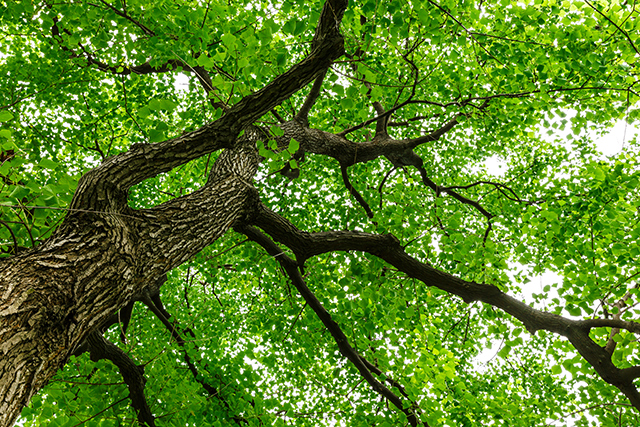12/15/2015 / By Tara Paras
Mallinckrodt Chemical Company, a government contractor that processed uranium for the world’s first nuclear reactor and the Manhattan Project, buried tens of thousands of barrels of nuclear waste in two areas around St. Louis decades ago. Now, a lawsuit is alleging that the nuclear waste may have caused more than 2,700 cases of cancer in the area.
Resident Jenelle Wright, in an interview with CBS, alleged that she found it odd how she knew four people with brain cancer within a six-house radius. What’s even more disturbing is that Wright and the rest of the residents only figured out something was wrong when they got together to plan a school reunion.
“If we did not have social media, if Facebook did not exist, we would never have put these pieces together,” observed Wright.
Nuclear waste was buried near a playground
Wright and the rest of the residents of North County, near St. Louis, believe that the nuclear waste buried by Mallinckrodt caused cancer rates to rise in the area. According to a 1990 New York Times article, “under the cover of national security secrecy, the government authorized the company to dump radioactive wastes quietly in the suburbs.”
Alarmingly, “one of the sites where the waste was dumped was located near a park where Wright and her friends played as kids.” The park has since been closed off as engineers try to clean up the mess.
St. Louis County Health Director Dr. Faisal Khan told CBS News that what’s been happening in St. Louis is an environmental health disaster. The rates of appendix cancer, for instance, which is relatively rare — we see about 800 cases across the nation per year. To find seven or eight cases in one zip code or one small geographic area is rather unusual.”
Source:
OffTheGridNews.com

